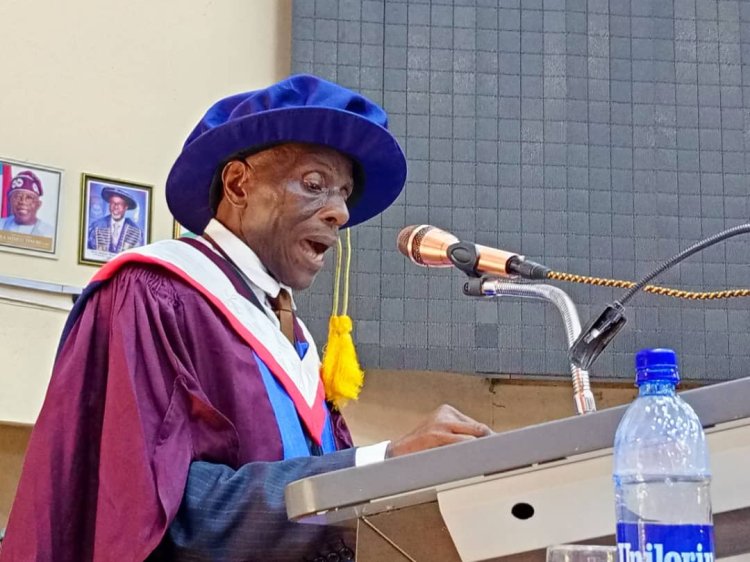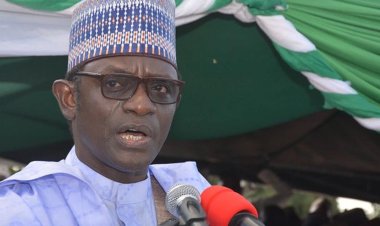UNILORIN Professor Advises Against Premature Enrollment in Tertiary Institutions
Professor Yunus Fasasi from the University of Ilorin advises against prematurely enrolling children in tertiary institutions, emphasizing the importance of both physical and mental development for coping with life's challenges.

Professor Yunus Fasasi, a renowned expert in educational management at the University of Ilorin (UNILORIN), has cautioned parents and guardians against rushing their children into higher education, emphasizing the importance of both physical and mental development in preparing youngsters for life's challenges.
RECOMMENDED: UniIlorin Announces Inter-Faculty Quiz and Debate Competitions Starting May 8
Speaking after delivering the 256th inaugural lecture at UNILORIN, Professor Fasasi stressed the need for parents to understand the psycho-emotional consequences of allowing premature advancement for their children. He highlighted the National Policy on Education's guidelines on admission stages and ages, urging strict adherence to ensure children are adequately prepared for higher learning.
Professor Fasasi emphasized that rushing immature children into tertiary institutions could lead to future behavioral issues, despite their academic brilliance. He underscored the significance of holistic development, stating that a child needs to be both physically and mentally prepared to cope with the demands of education and life.
SEE MORE: UNILORIN Professor Advocates for Stricter Food Safety Laws
Titled "Holding Education Accountable for Resources and Results," Professor Fasasi's lecture underscored the importance of adequate funding for educational institutions, both public and private, to achieve national educational objectives effectively. He cautioned against the proliferation of institutions without ensuring quality standards and recommended careful consideration of carrying capacity to avoid administrative complexities.
Furthermore, Professor Fasasi advocated for long-term educational policies, citing examples like the 1955 Universal Primary Education (UPE) and the 1999 Universal Basic Education (UBE) programs. These initiatives, he argued, would not only increase enrollment rates but also ensure sustainable educational development at all levels.
READ ALSO: UNILORIN Bus Driver Dies While Conveying Students to Campus
In essence, Professor Fasasi's insights serve as a timely reminder for parents, policymakers, and educators to prioritize holistic child development and quality education, rather than hasty academic advancement.

 Chris Oyeoku Okafor
Chris Oyeoku Okafor 



